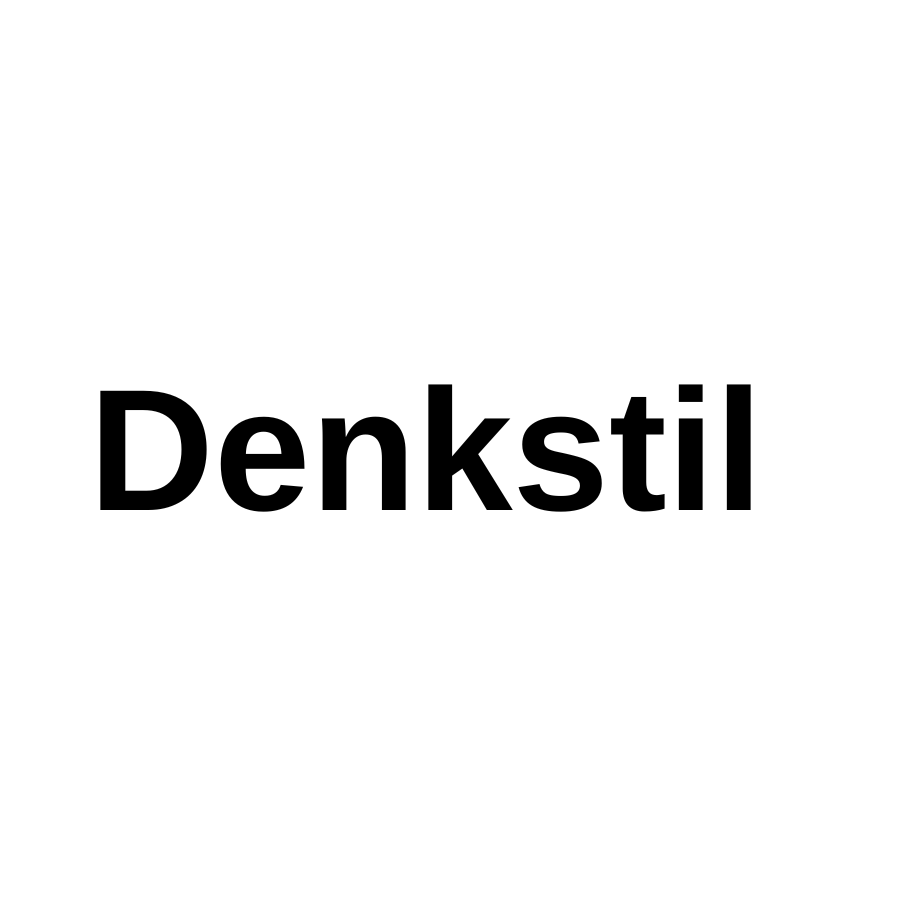Ewald Engelen, Sukhdev Johal, Angelo Salento und Karel Williams zeichnen in ihrem Beitrag How to build a fairer City folgendes Bild:
The tradable competitive sphere has all the key sectors which associate themselves with a high-income present and a glamorous future. Here we have wholesale finance and markets, the prestige end of business services in accountancy, law and consulting, anything digital or supposedly knowledge-based from media to advertising, together with the parts of manufacturing which have high tech associations. The object of competitive global city policy is to attract more of these glamour activities to locate in their city, adjacent to a hub international airport.
This manifesto argues for a different kind of imaginary: the “grounded city”. The success of a city should not be measured externally by relative size and the ability to come first ahead of equals; rather, the measure should be a city’s internal ability to distribute mundane goods and services which ensure the civilised life of the largest number of its people.
Taxes on households are further increased by the way in which big firms benefit from, but hardly contribute to, the maintenance and renewal of the material and immaterial infrastructures of our cities. Similarly, the competition between national financial centres accelerated regulatory capture and contributed materially to lax regulation before the crisis. Again, the benefits were private and concentrated, while the costs were public and diffuse.
The grounded city is a fairer city delivered through radically different policies, necessary because the current packages of policy fixes for unfairness are inadequate to the scale of the problems and their drivers. In centre-right and centre-left variants, these policy fixes are set in a frame of managing internal competition: the centre-right backs jobs and schooling as a basis for more equal competition; the centre-left favours an overlapping package of schooling plus minimum wages and some redistribution through family credits and such like to compensate for disadavantage. Either way, the conscience of our competitive age is about “equal opportunities” through policy remedies which, in our view, are necessary but not sufficient for a better, fairer city.
The question then becomes: to what extent is that city providing (reasonably priced or decommodified) material conditions of civilised life? For example, take five key domains of foundational security (housing, utility supply, food, health/social care and education) and then ask: to what extent are adequate and reasonably priced key services in each domain available to ordinary citizens and, specifically, how far down the income scale to median incomes or below does this provision extend? It should be clear that cities which rank high on global competitiveness often rank low on one or more basic foundational criteria, as London does on housing. Specifics and time are both crucial because the basic assumption is that policy is about cities doing do more and better in specific domains over time to improve the local offer of foundational goods and services.
The grounded city is neither an insoluble city problem in the 1970s sense, nor a city black box in the 2000s sense delivering pleasant surprises. The grounded city is instead a site of diverse experiments and learning which could and should be publicly led.
Moderne Stadtforschung: Zwischen Favelas und Arrival City
Hochschulprojekt zur Dorfflucht: Komm, wir retten dieses Dorf
Cities are businesses‘ best allies in the battle against climate change






